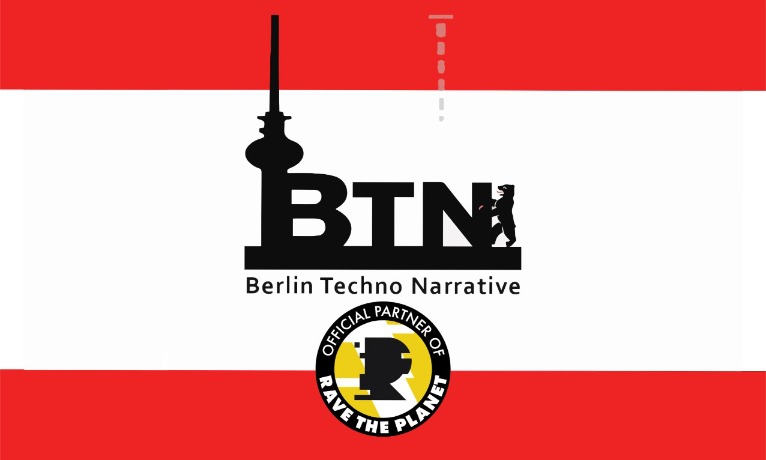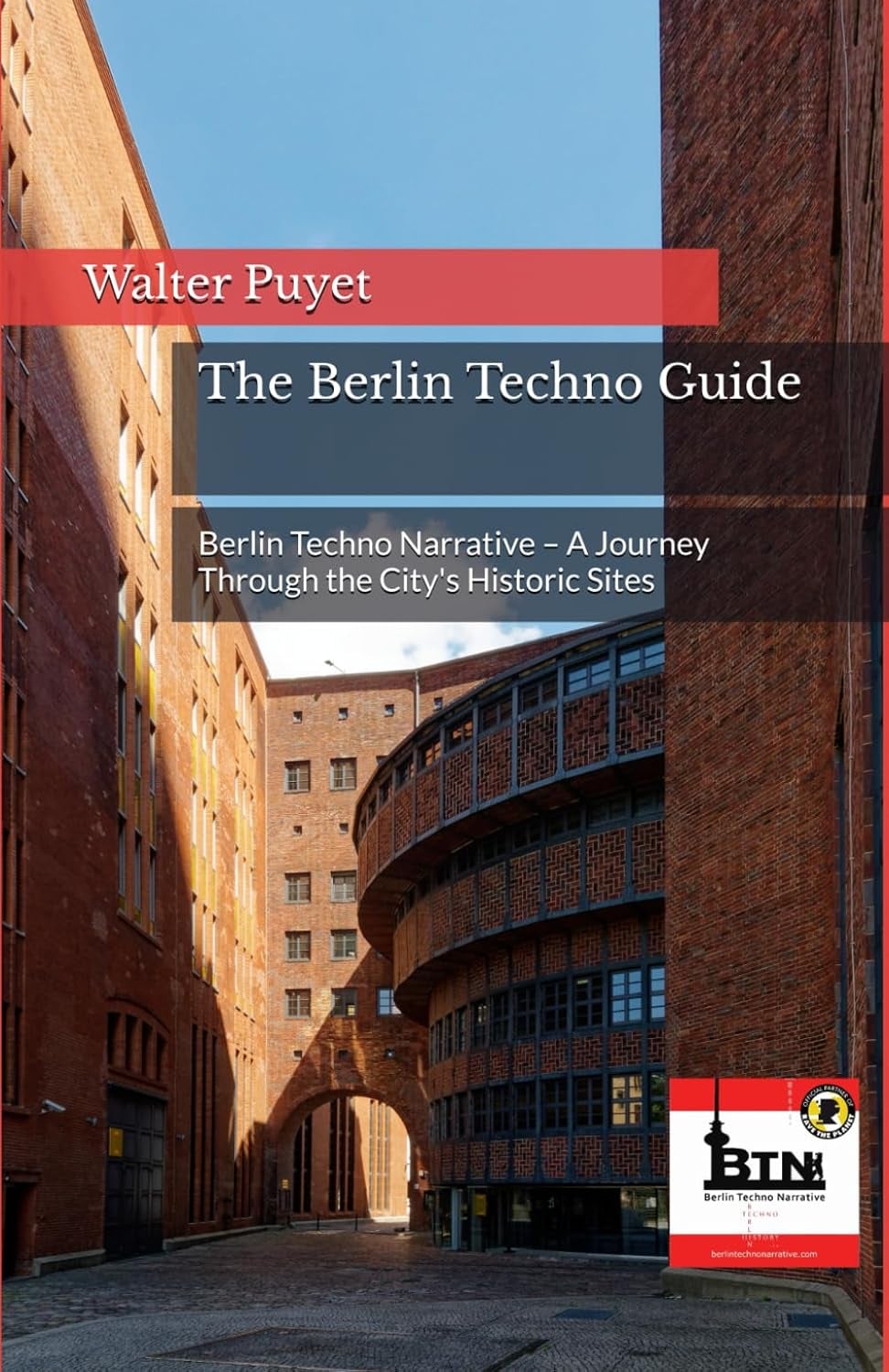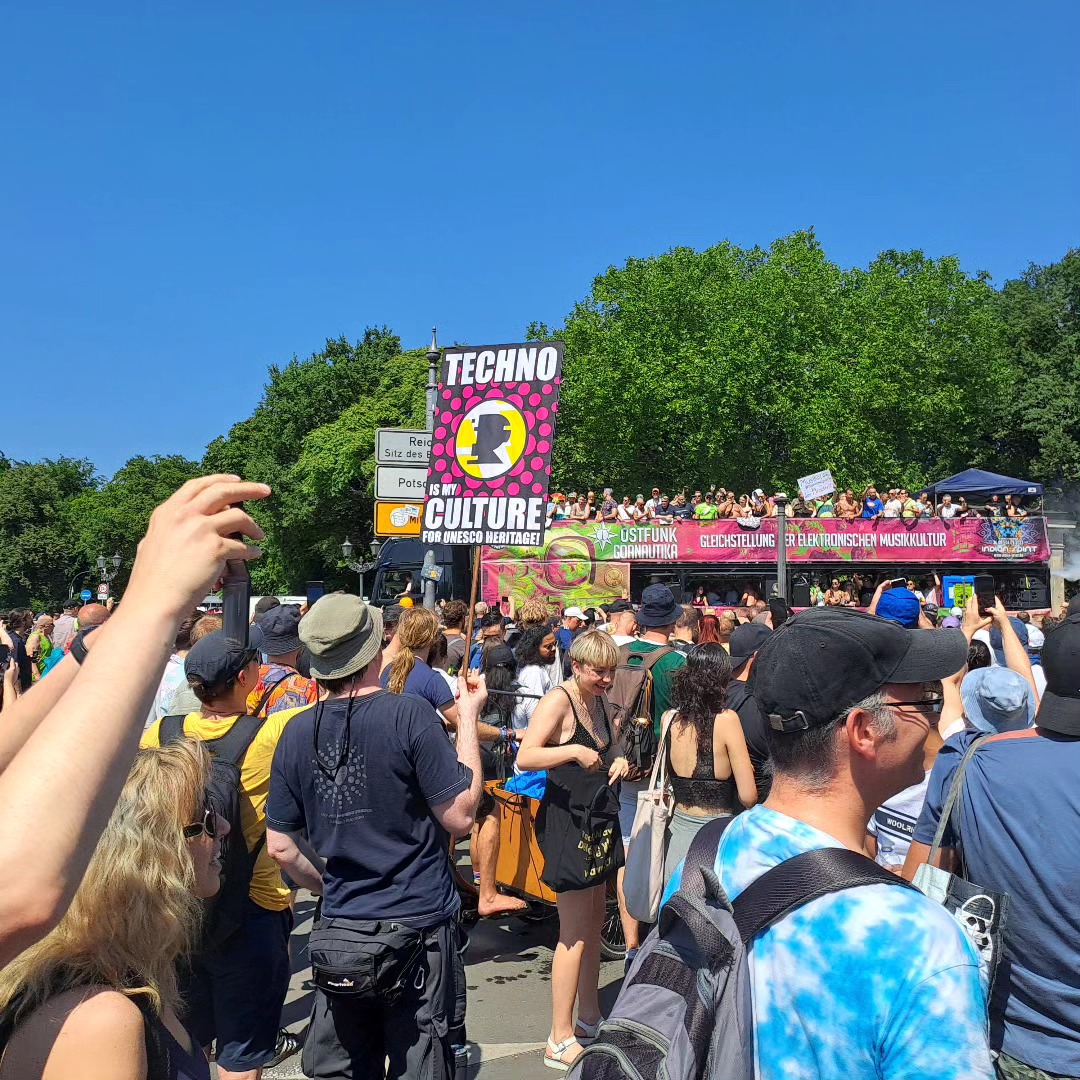
Berlin Techno Enters History:
UNESCO Recognition in Service of a Living Culture
March 13, 2024, marks a historic date for electronic culture: Berlin's techno culture has officially been added to the Register of Intangible Cultural Heritage in Germany. This achievement, the result of over a decade of advocacy, was spearheaded by the non-profit organization Rave The Planet, co-founded by the legendary Dr. Motte, father of the Love Parade.
Behind this announcement lies the long-awaited recognition of an entire subversive, community-based, and deeply human culture. But what does this recognition really mean? What are the stakes and the consequences? And how does this initiative fit into a broader global vision of cultural transmission? Here’s a complete overview—in English—of this pivotal moment in the history of Berlin techno.
A Vision Born in 2011:
Bringing Techno into Humanity’s Cultural Heritage
The idea first emerged in 2011. Mathematician and musicologist Hans Cousto, alongside Dr. Motte and other key figures of Berlin’s techno scene, proposed that this culture should be preserved as part of humanity’s heritage. Although the initial project did not survive the closure of the Tacheles art center, it was revived through Rave The Planet, which relaunched the initiative in 2019 with a dedicated team.
Despite an initial rejection of the application by Berlin’s senator for culture in 2022, the movement persisted. In 2023, the file was revised, strengthened with research, interviews, a documentary, and supported by numerous cultural institutions. In March 2024, recognition became official: Berlin's techno culture was added to the federal register of intangible cultural heritage.
What Is Intangible Cultural Heritage?
UNESCO—the United Nations Educational, Scientific and Cultural Organization—defines intangible cultural heritage as the practices, expressions, knowledge, and skills that communities recognize as part of their living heritage.
Unlike monuments or physical objects, this heritage is alive: it evolves, is passed down, and constantly reinvented. It includes dances, languages, rituals—but now also contemporary musical cultures such as techno.
Germany ratified the 2003 Convention in 2013. Each Land (region) can submit nominations at the national level. This is the first step Berlin’s techno culture has successfully completed in 2024, a prerequisite for any international recognition.
Why Berlin Techno?
Berlin is more than a global epicenter of techno. Since the fall of the Wall in 1989, the city has seen the emergence of a culture deeply rooted in values of freedom, inclusion, tolerance, and creativity. Abandoned industrial spaces turned into clubs, a DIY aesthetic, a welcoming queer scene, DJs as cultural ambassadors—all contributed to shaping a unique identity.
Rave The Planet championed this perspective: Berlin techno is not just a musical genre. It is a comprehensive cultural form, blending music, performance, visual art, alternative thought, social engagement, and urban experimentation.
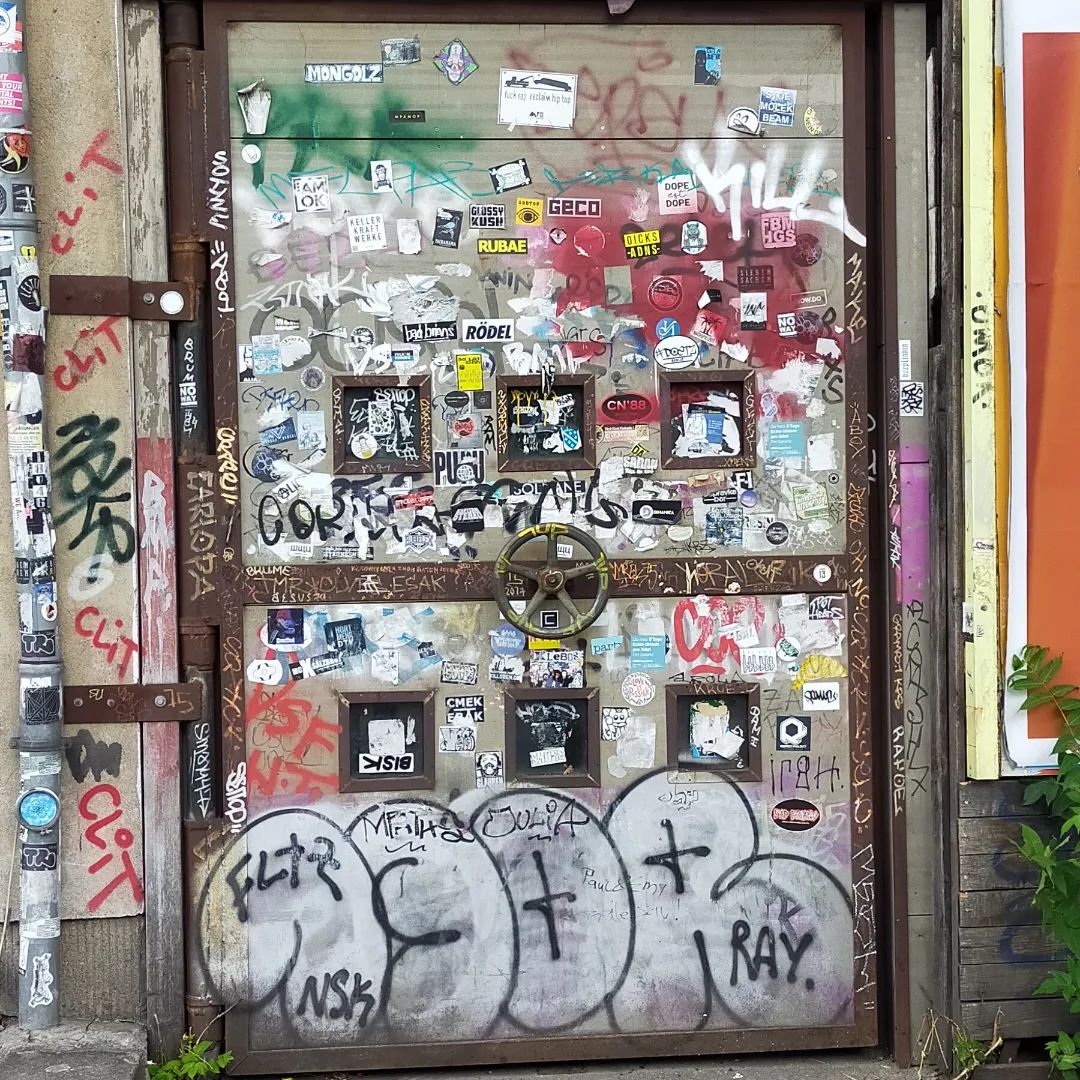
The Benefits of UNESCO Recognition
Being listed as intangible cultural heritage doesn’t guarantee direct funding. But it brings global visibility and opens doors:
-
Global recognition: Berlin’s scene is now officially acknowledged as cultural heritage worth preserving.
-
Political leverage: Clubs can better defend themselves against real estate speculation, restrictive regulations, or noise complaints.
-
Access to funding: Recognition can facilitate public grants and support.
-
Tax advantages: Some cultural activities may qualify for reduced VAT rates.
-
Educational development: Workshops, exhibitions, documentaries, and educational projects can be developed to pass on the culture to younger generations.
What Still Needs to Be Done: Protect Without Freezing
Rave The Planet has made it clear: recognition is not the end—it's a commitment. Techno cannot be turned into a museum piece, nor institutionalized to the point where it loses its experimental and living essence.
“Clubs are living spaces, not museums. It’s in the collective experience that techno finds its true meaning.”
This recognition also raises complex questions:
-
Who defines what “techno culture” really is?
-
How do we preserve a subversive culture without institutionalizing it?
-
How can we reconcile official recognition with the scene’s independence?
UNESCO’s goal is precisely to protect living transmission, rooted in active participation and constant evolution. The point is not to freeze techno in a glorious past, but to ensure it continues to live, grow, and inspire.
A Project for the Planet
Berlin’s success can inspire other scenes. Dr. Motte himself said so on Maxximum, during an interview with Berlin Techno Narrative:
“One day I’d like to see the whole planet register electronic music culture with UNESCO. We have this culture in Germany, but also in France, Belgium, Spain, Italy… It would be cool and useful. With this status, we have a future.”
This project isn’t a nostalgic celebration. It’s a political, cultural, and social act. In a world where alternative cultures are threatened by gentrification, standardization, or prejudice, this recognition gives meaning, legitimacy, and strength back to those who keep techno alive, night after night.
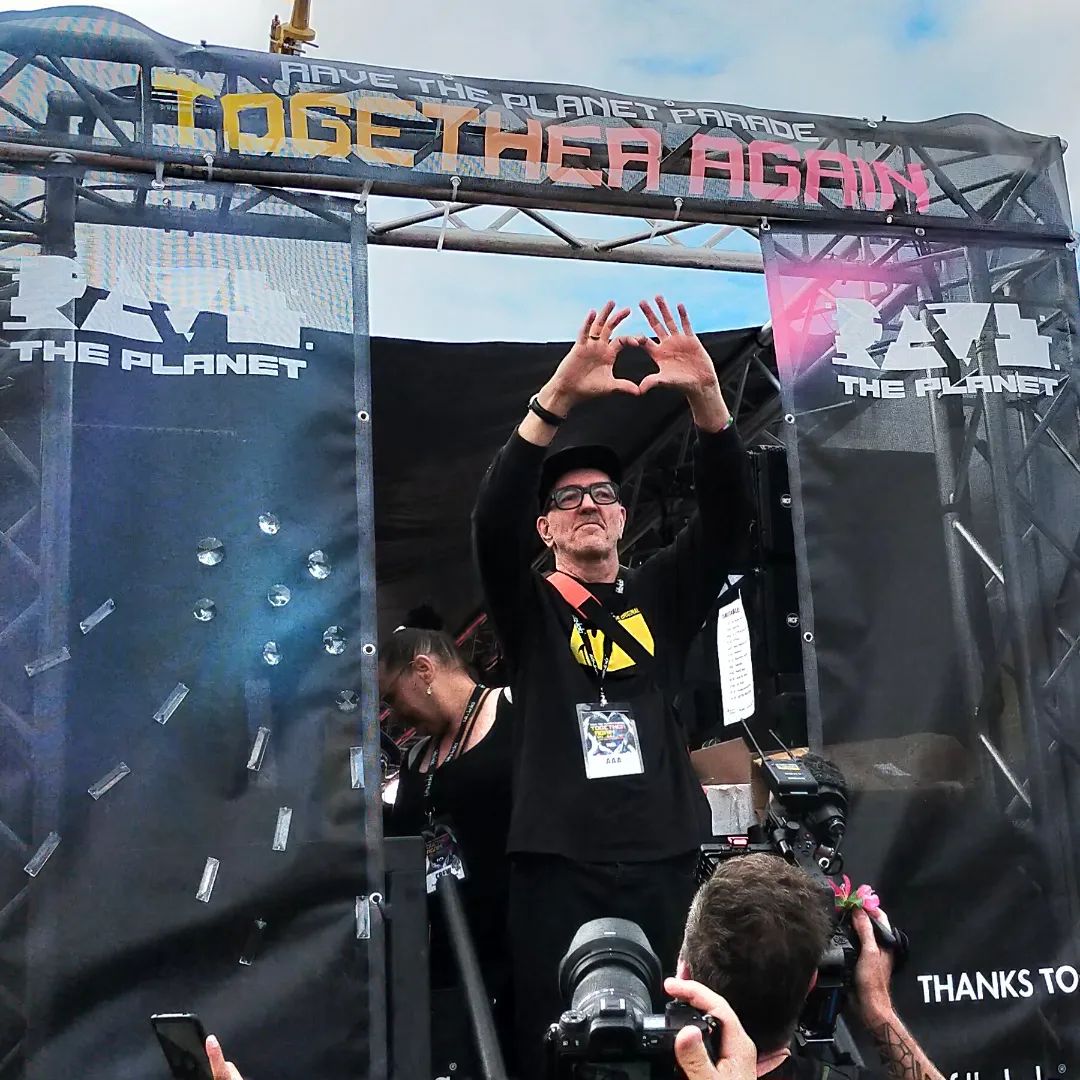
An Invitation to Participate
Rave The Planet isn’t stopping here. The mission continues: organizing conferences, protecting venues, passing on the spirit of techno parades, supporting artists—and encouraging other communities worldwide to launch similar initiatives.
If you’re reading this, you can also take part in this transmission: by going to clubs, supporting the scene, talking about it, defending these spaces of freedom that are essential to an inclusive society. The Rave The Planet parade, every year in Berlin’s streets, is your chance to show your support!
In Conclusion
UNESCO’s recognition of Berlin techno culture is a symbolic victory—but above all, a springboard toward the future. It confirms what many already knew: techno is not just a sound. It’s a living culture, a way of life, a collective response to a universal need for connection, liberation, and creation.
It is now part of history. It’s up to us to ensure it stays alive.
As Rave The Planet and UNESCO recognize Berlin techno as intangible cultural heritage, Berlin Techno Narrative is committed to preserving this memory on the ground.
My guide documents the places that shaped this culture—even those erased by gentrification or time—so that the history of the scene is never silenced.
